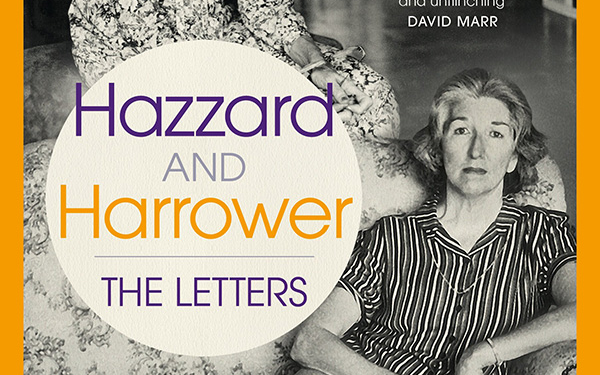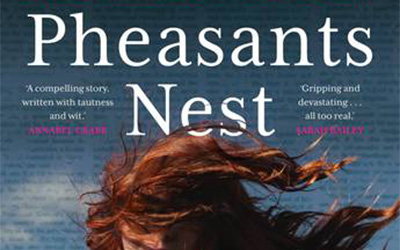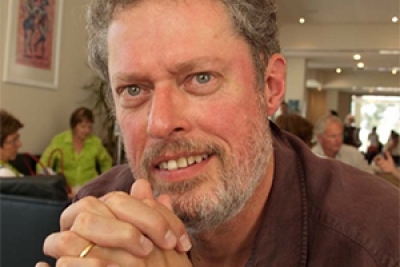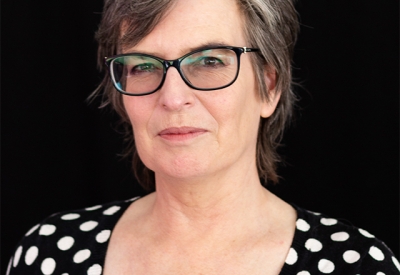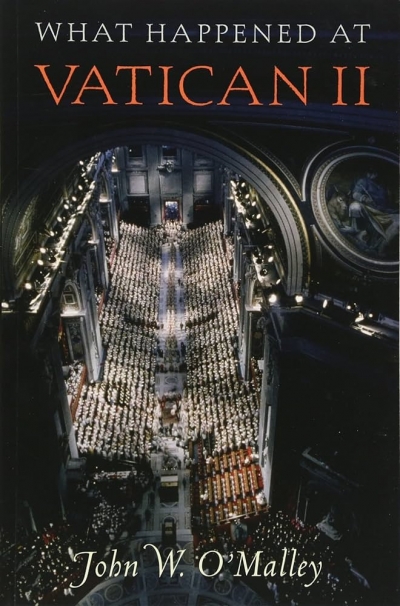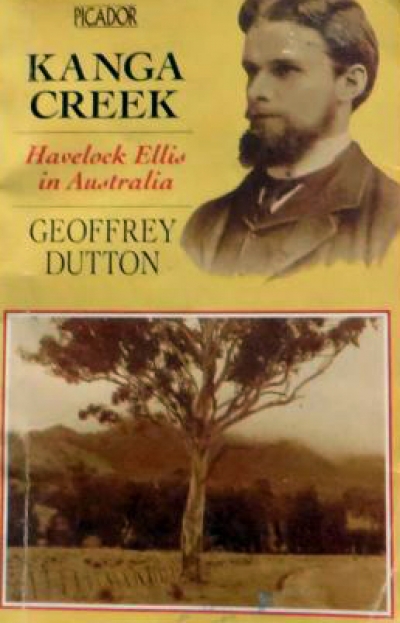Biography
Occidental Preacher, Accidental Teacher: The enigmatic Clive Williams, Volume One, 1921-1968 by Shannon L. Smith
Thirty years before the Australian career criminal Gregory David Roberts travelled to Bombay and sought to make for himself, in the words of critic Peter Pierce, ‘a good Asian life’, another socially alienated Australian pursued such a life, in Indonesia, one which in its own way was as remarkable as that novelised by Roberts in Shantaram (2003).





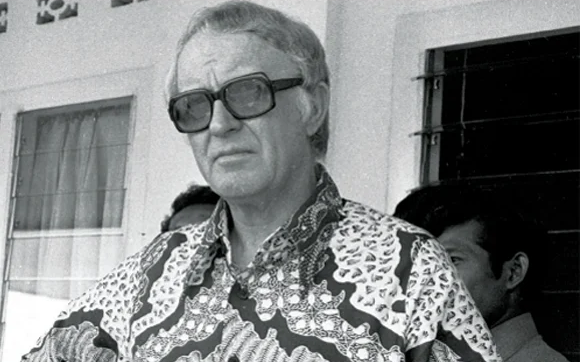
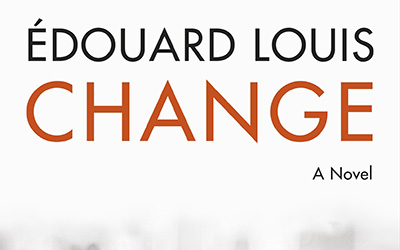


-FEAT.png)
